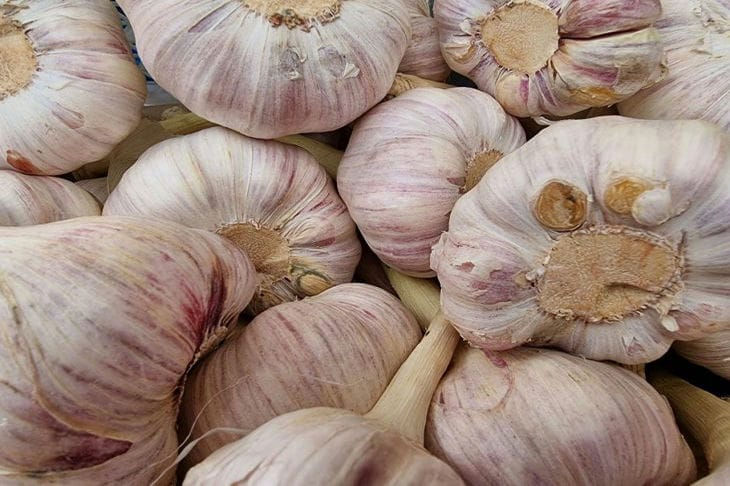Who Should Absolutely Not Eat Garlic: The Hidden Dangers of the Aromatic Healer
Garlic, known for its healing properties, is not a panacea for everyone.
For some people, this aromatic vegetable can be a source of serious health problems.
It is important to know who should refrain from eating garlic to avoid unwanted effects on the body.
People with gastrointestinal diseases
Patients with gastritis, stomach ulcers or duodenal ulcers should be especially careful with garlic.
Essential oils and organic acids contained in garlic can irritate the mucous membrane of the stomach and intestines, aggravating the symptoms of these diseases.

Consuming garlic may cause an exacerbation, accompanied by pain, heartburn and discomfort in the abdominal area.
People with liver and gallbladder diseases
Garlic stimulates the production of bile, which can be dangerous for people with gallstones or cholecystitis.
Increased bile secretion can provoke the movement of stones and cause a painful attack.
In addition, garlic can increase the load on the liver, which is undesirable if you have liver disease.
Patients taking anticoagulants
Garlic has blood thinning properties, which can be dangerous for people taking anticoagulants.
The combined effect of garlic and medications can lead to an excessive decrease in blood clotting, increasing the risk of bleeding.
Patients taking warfarin or other anticoagulants should avoid eating garlic or consult a physician about including it in their diet.
People with garlic allergies
Garlic allergies are relatively rare, but can be very serious. Symptoms can range from mild itching and rash to severe allergic reactions, including anaphylactic shock.
People with a known allergy to garlic or other onion family plants should eliminate it from their diet completely.
Pregnant and lactating women
While moderate consumption of garlic is generally safe during pregnancy and lactation, large amounts can cause problems. Garlic can change the taste of breast milk, which can cause your baby to refuse the breast.
Additionally, some studies suggest that excessive garlic consumption during pregnancy may increase the risk of bleeding.
Patients before surgery
Because of garlic's blood-thinning properties, its use should be stopped at least two weeks before planned surgery. This will help reduce the risk of excessive bleeding during and after surgery.
People with thyroid disease
Garlic contains compounds that may affect thyroid function. People with hypothyroidism or hyperthyroidism should be careful about consuming garlic, especially in large quantities, as it may interfere with the effectiveness of thyroid treatments.
Patients with diabetes mellitus
Although garlic may have a positive effect on blood sugar levels, diabetics should exercise caution.
Garlic may enhance the effects of glucose-lowering medications, which may lead to a sharp drop in blood sugar. Consumption of garlic should be agreed with a doctor and accompanied by regular glucose monitoring.
